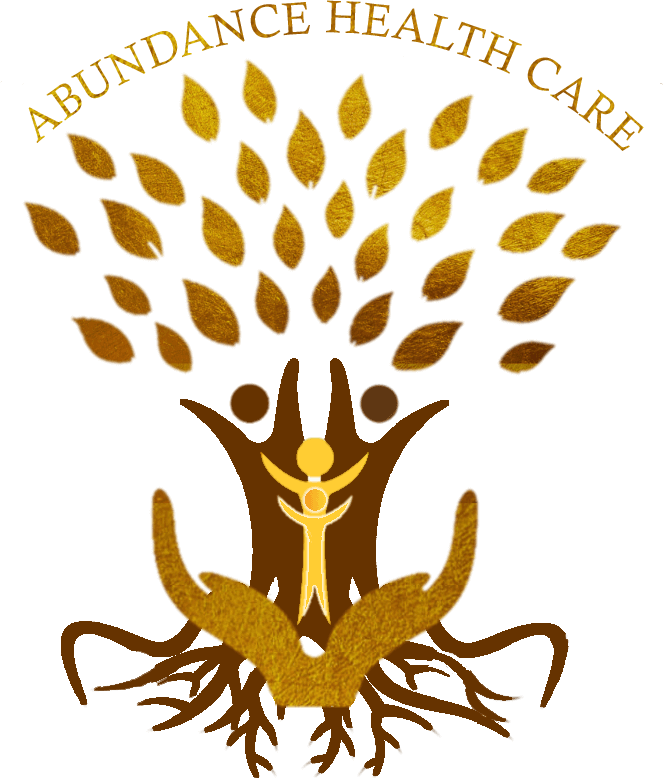Tension Headache
Introduction
Anatomy
Symptoms
Diagnosis
Treatment
Many people find relief with over-the-counter medications, such as aspirin, ibuprofen, and acetaminophen. These medications are most effective when taken at the earliest sign of headache. Your doctor may recommend a combination of medications, including prescription medication. In some cases, preventative prescription medications can reduce episodes. Lifestyle changes, such as getting regular exercise, sleep, and relaxation can help as well.Prevention
• Exercising on a regular basis
• Getting plenty of sleep
• Relaxing, try massage, biofeedback, or yoga
• Use good posture and avoid working in the same position for a long period of time
Am I at Risk
Risk Factors or Triggers for Headaches:
• Skipping meals, not eating, feeling hungry
• Lack of sleep or changes in sleep routine
• Stress, depression, or anxiety
• Poor posture, maintaining one position for a long time, such as when working
• Physical inactivity
• Hormone changes related to pregnancy, menstruation, menopause, or hormone medications
• Medications used to treat high blood pressure or depression
• Overuse of over-the-counter headache medication can cause a “rebound headache”
• Arthritis inflammation
• Teeth grinding, jaw clenching
• Head trauma, whiplash injury
Advancements
BOTOX® injections, laser acupuncture, biofeedback and cognitive behavioral therapy have all been shown to lessen headache severity and improve headache control in both adults and children with tension type headaches.
Copyright © - iHealthSpot Interactive - www.iHealthSpot.com
This information is intended for educational and informational purposes only. It should not be used in place of an individual consultation or examination or replace the advice of your health care professional and should not be relied upon to determine diagnosis or course of treatment.
The iHealthSpot patient education library was written collaboratively by the iHealthSpot editorial team which includes Senior Medical Authors Dr. Mary Car-Blanchard, OTD/OTR/L and Valerie K. Clark, and the following editorial advisors: Steve Meadows, MD, Ernie F. Soto, DDS, Ronald J. Glatzer, MD, Jonathan Rosenberg, MD, Christopher M. Nolte, MD, David Applebaum, MD, Jonathan M. Tarrash, MD, and Paula Soto, RN/BSN. This content complies with the HONcode standard for trustworthy health information. The library commenced development on September 1, 2005 with the latest update/addition on February 16, 2022. For information on iHealthSpot’s other services including medical website design, visit www.iHealthSpot.com.


